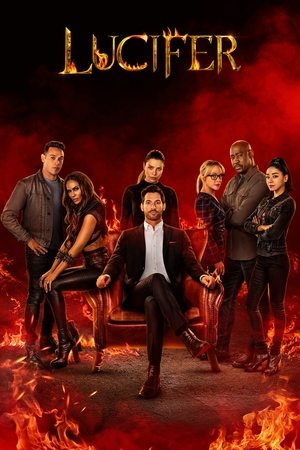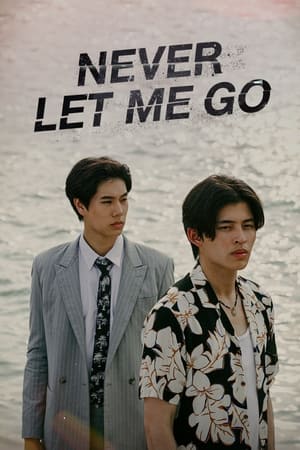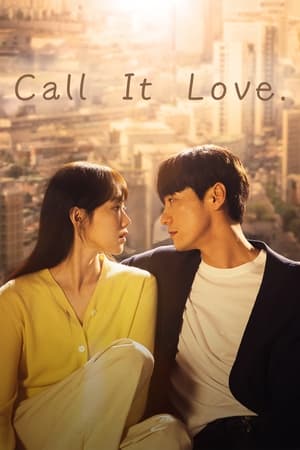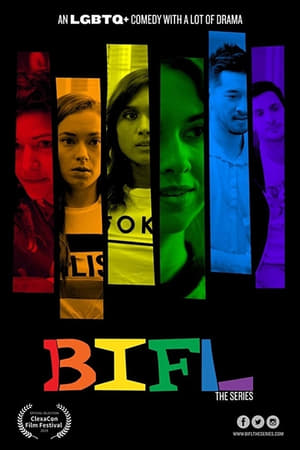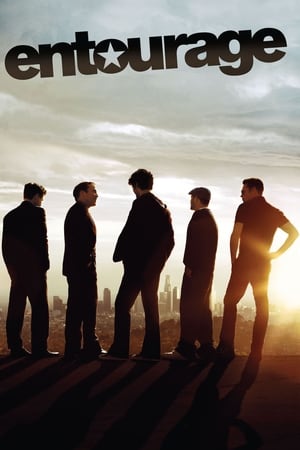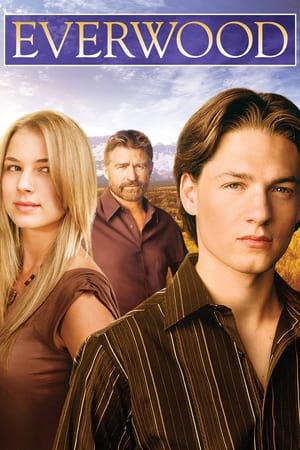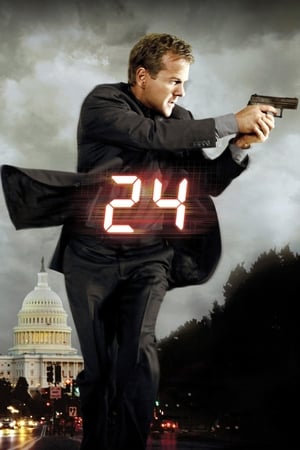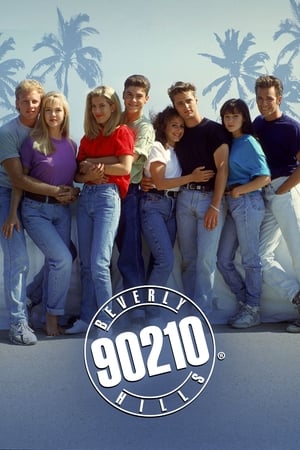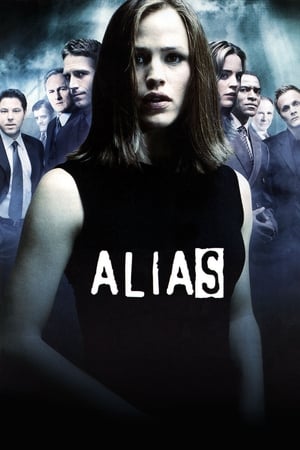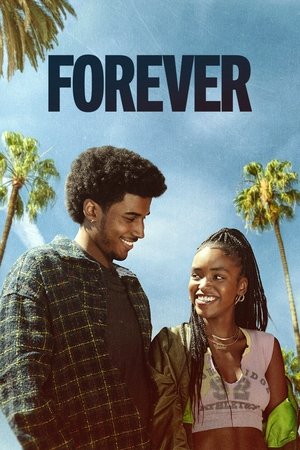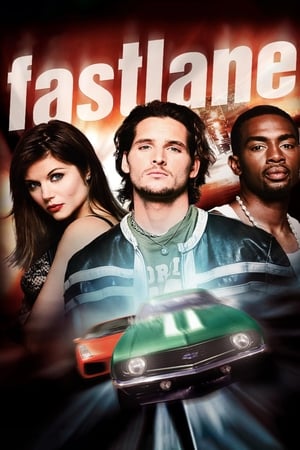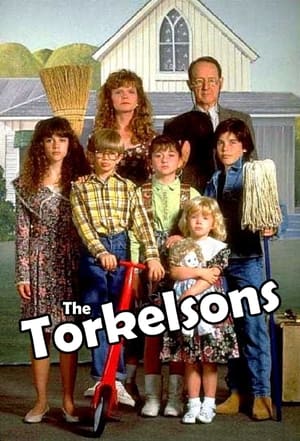Overview
Detective Martin Jones, who leads a double life as a killer for hire in Los Angeles' deadly underground, suffers an existential crisis which leads him deeper into a blood splattered world of violence.
Reviews
**_I loved it, but this is the definition of "not for everyone"_**
> _It's about female empowerment in a world that is enormously dark and male-dominated. The idea of what is going on in the U.S. with men and women…where it's about the control of female bodies or how women are objectified, there's a sense of hatred I sensed and it terrified me as I have a wife and daughters. It was also very important that everything that was macabre and mayhem was also spread out between men and women; that's really what life is. How do you accept all forms of sexuality being objectified? And how do you ac__cept all victims in all forms of sexuality rather than narrowing it down to one group that dominates?_
- Nicolas Winding Refn; "Nicolas Winding Refn's Noir Series _Too Old To Die Young_: It's All About Teens & Female Empowerment" (Anthony D'Alessandro); _Deadline_ (March 20, 2019)
Created by Danish auteur Nicolas Winding Refn (_Pusher_; _Bleeder_; _Fear X_; _Bronson_; _Valhalla Rising_; _Drive_; _Only God Forgives_; _The Neon Demon_), and comic book writer Ed Brubaker (creator of the Winter Soldier character), and directed by Refn, _Too Old To Die Young_ is the definition of "not for everyone". Much as _Twin Peaks: The Return_ was David Lynch unleashed, _TOTDY_ is Refn sans restrictions, representing the purest yet expression of his aesthetic sensibilities and thematic concerns. If you thought _Only God_ was slow and plodding, all style and no substance, and pretentiously self-indulgent, then _TOTDY_ is not for you, simple as that, as it makes Only God look like an action-packed mainstream summer blockbuster. Running for 13 hours across the course of 10 episodes (which range in length from 79 minutes to 23 minutes), Refn regards it as "a 13-hour movie" and insists that it is not a television show (he regards television and streaming as different mediums, and _TOTDY_ aired on Amazon's Prime Video streaming service). Either way, whether show or film, I loved it. The aesthetic is exceptional, the quirks are pure surrealism, the humour is spot on, the violence (particularly the sexual violence) is sudden and barbaric, but never gratuitous or pointless, and the themes are fascinating. This isn't going to turn a single person into a Refn fan. Indeed, it will probably alienate some of his more casual fans, as it tests the limits of what even the most artistically open-minded viewer will watch on their television screens. That said, if you're on-board with it, you're in for an unforgettable ride.
Martin Jones (a taciturn Miles Teller moving in perpetual slow motion) and his partner Larry (Lance Gross) are two uniformed LA cops on patrol. After sexually harassing and extorting a young woman because he can, Larry is taking a selfie for his mistress, when Jesus Rojas (an exceptional Augusto Aguilera) shoots him in the back of the head. It turns out that Martin and Larry moonlight as thugs for local crime boss Damian (a creepy Babs Olusanmokun), and a botched job several weeks prior left Magdalena Rojas (Carlotta Montanari) dead. Magdalena was Jesus' mother, and the sister of Ricardo (Emiliano Díez), a powerful Mexican drug baron. After Larry's death, Jesus goes underground in Mexico until things quiet down in LA. Meanwhile, Martin is promoted to detective and fast-tracked into homicide, whilst his now two-year relationship with 18-year-old girlfriend Janey Carter (Nell Tiger Free) is progressing nicely, despite the reservations of her billionaire father Theo (a completely batshit insane William Baldwin). Martin soon comes into contact with former FBI agent Viggo Larsen (a predictably intense John Hawkes), who he believes may have been responsible for the murder of a paedophile, and is possibly working with Diana DeYoung (a quirky Jena Malone) in procuring victims. However, Martin has little interest in arresting Viggo or Diana. At the same time, in Mexico, Jesus finds himself becoming more and more entranced by Yaritza (a stunning, scene-stealing Cristina Rodlo), his uncle's ward and a woman with a penchant for sexual domination who claims to be the High Priestess of Death (Ricardo found her alone in the desert years prior and raised her as his own). Together, they begin to put into motion a plan for Jesus to return to LA and exact his revenge on Damian and anyone else involved in his mother's death.
If this makes the show sound like a densely plotted neo-noir, then let me put that notion to bed right now – make no mistake, in _TOTDY_, the plot comes a long way behind such things as tone, imagery, mood, and atmosphere. In short, it's aesthetic first, plot second. And what an aesthetic it is; _TOTDY_ is one of the best-looking TV shows ever made. Refn's films always look stellar, but everything here is refined to absolute perfection.
The most obvious aesthetic elements are the cinematography by Darius Khondji (_Delicatessen_; _Se7en_; _The Lost City of Z_) and Diego García (_Cemetery of Splendor_; _Wildlife_; _Nimic_) and the editing by Refn's regular cutter, Matthew Newman. The first episode, and several of the later episodes, are bathed in neon, with vibrant reds, purples, oranges, blues, and greens saturating the screen. The second episode then is set in Mexico and is a complete contrast to the first, almost over-exposed, with whites popping and bleeding into any nearby blacks, Within all of this, Khondji and García often only light one object/person and often only part of a person, which is thematically justified as this is a show where people hide their whole selves from one another. A good example is a scene where Martin is in a walk-in freezer talking to Janey on the phone as she sits by a window with sunlight streaming in; this shows the contrast between the two characters – he is covered with shadows, she sits in sunlight.
Additionally, every shot feels deliberate, meticulously composed, important, like every element of the composition is saying something of significance; for example, whether the camera moves or not offers a commentary on the content of the scene. Every item within the frame feels necessary, intentional, and by design. And scenes go on for a loooooong time; most run at least two beats beyond where the natural end would seem to be, with long silences and languidly-paced, emotionlessly delivered dialogue. This all creates a sense of extreme awkwardness that makes the viewer restless and uncomfortable, which, of course, is precisely the point.
This lethargic sense is helped immensely by the editing, which is almost imperceptible. It feels like the show was edited before it was shot; every cut feels measured, happening where it does because that's the only place it could happen. I'd be shocked to learn that a lot of coverage was shot to be assembled in the editing room later; it's too tight for that. The edit must have been planned out from the get-go. Coupled with this, the sound design by Paul Hackner (_Sinister 2_; _IT: Chapter 1_; _Crawl_) is unique. For interiors, there is often no ambient room noise and because there are such long pauses in the dialogue, the silence is oppressive. It has the effect of suggesting the characters aren't in the room, making it feel almost ethereal and hypnotic, and it turns conversations that are already slow and full of silence into something even more distinctive.
And what is all of this in service of? What is Refn saying? The main theme is very straightforward – toxic masculinity and the commodification of the female, in particular the sexual commodification. _TOTDY_ is a show wherein many of the female characters are looked upon by men as objects to be used rather than as people with their own agency. In one particular scene, a porn director washes down a young woman with a hose, the way one might wash down a horse after a race. When the show begins, it seems to commit the same sin, as none of the females have much in the way of vibrancy, and all are defined based upon their relationships with men. It's only as the series moves on, and the characters of Diana, Janey, and Yaritza assume centre stage that we realise the method in Refn's madness – despite how it begins, this isn't a show about men. Paedophiles, racists, violent misogynists, amoral murderers, people traffickers, even a father who unashamedly hints at incest – Refn and Brubaker have assembled quite a collective of male bottom feeders to pitch against the female characters. Never has the phrase "the evil that men do" been more appropriate.
Another issue looked at includes the notion that America is a dying empire, unaware of its own imminent demise. When this happens, it will return to what it was born from – violence, and only the few who were prescient to the collapse will be able to protect the weak and the innocent. This is laid out fairly explicitly in an astonishing monologue from Viggo;
> _Once there was just men and nature. Then men came bearing crosses. We used to believe that we were the centre of the universe. That the sun and the stars all revolved around us. And we spent the last 500 years since Copernicus, in this slow crawl to where we are now; to this pinnacle of human achievement. Where we finally bent nature to our will. We split the atom. We broke the fabric of reality. That's how far we've come. Now the lights of our cities stretch further than the stars in the sky. But the more perfect society gets, the more psychotic we become. We evolved through brutality. That's why we had teeth and claws. Self-preservation was the highest law. But as time went on, the pack began to provide for us and we abandoned our violent nature. But it never went away. Laid beside us in our sleep. Waiting. And as it waited, we became slaves to the systems we built. Now it's all falling apart. Soon our cities will be washed away by floods. Buried in sand. Burned to the ground. That's why you found me. Because you're no longer blind to all this. As the world fractures, someone has to be there to protect the innocent._
This taps into some of the tenets of post-Darwinian French decadence, whereby industrialisation was often linked to notions of the _fin de siècle_ and the theory that humanity was more likely to devolve than evolve. In _TOTDY_, Refn presents humanity as at a transitory moment right before a cataclysmic shift. Technology has overtaken morality; civilization has pushed itself to the point of self-consumption; the individual is insignificant; work is more important than family. Viggo thinks about this in terms of society fracturing and collapsing, with humanity no longer at the centre, no longer a part of nature. Diana thinks of it in social and political terms, with the privileged few coming to rule over the many. Jesus thinks about it in more biblical terms where he is an Old Testament-style God punishing those who have wronged him.
All in all, I loved the show. But there's no denying that the very things which some people embrace and celebrate (particularly the pace), will drive others up the wall. And certainly, it's not hard to imagine a hell of a lot of people watching for 20 minutes before hastily changing the channel and deeming the whole enterprise the "worst show ever." Not that Refn cares. This is not someone who would argue with you if you accused him of pretension or self-indulgence. He'd agree and suggest that pretension and self-indulgence are part of the structure. Amazon has allowed him to indulge in everything that his detractors criticise and his fans laud, and the result is either a travesty or masterpiece, depending on your perspective.

 English
English
 7.4
7.4
 2019
2019
 Denmark
Denmark
 Stephen Campbell wrote:
Stephen Campbell wrote:


